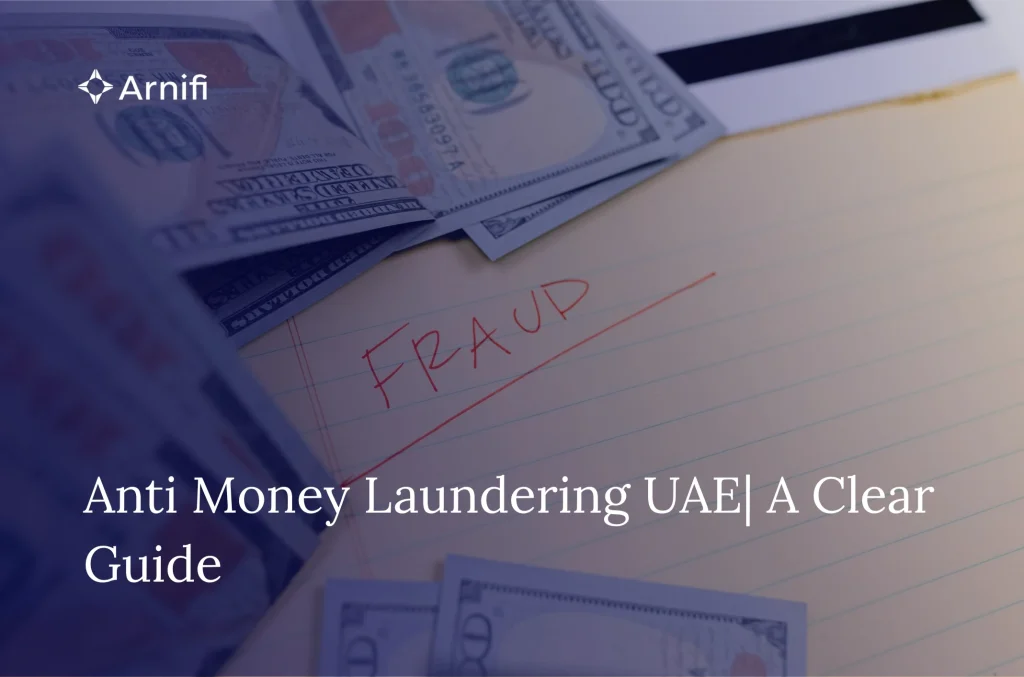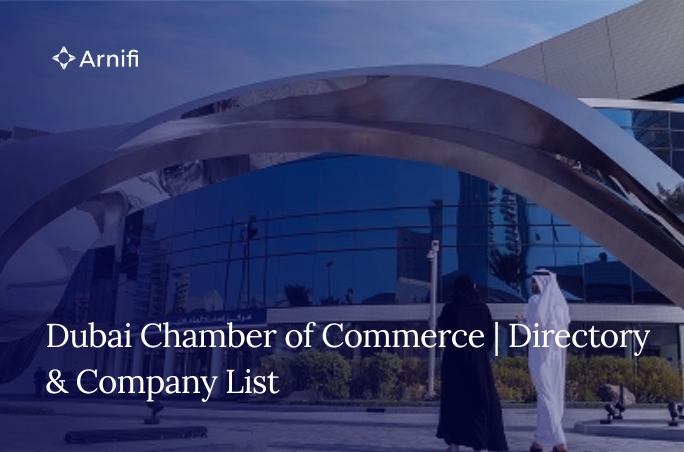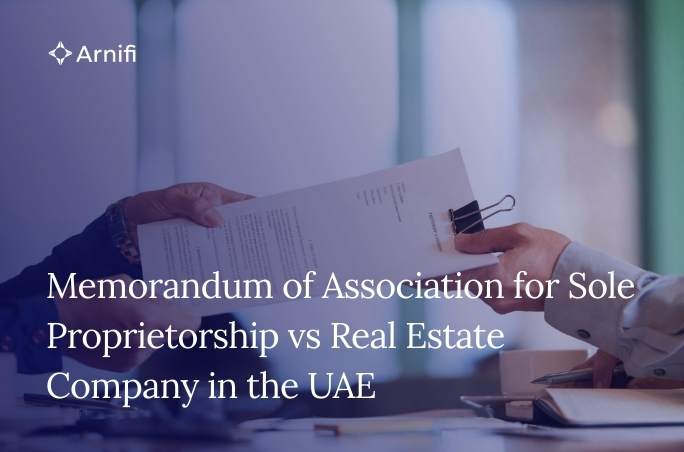Anti Money Laundering UAE| Complete Compliance Guide for Businesses
by Rifa S Laskar Nov 10, 2025  6 MIN READ
6 MIN READ

If you operate in the UAE you must understand the Anti Money Laundering UAE requirements and how to comply with it. In this article, we will unpack Anti Money Laundering UAE standards to show you the eligibility criteria, steps, costs and how to report money laundering. Discover how aml UAE and aml ctf rules apply to you.
Table of contents
- 1. Introduction
- 2. What is Anti Money Laundering UAE and Why it Matters
- 3. Key Legal Framework
- 4. Who Needs to Comply?| Eligibility Types
- 5. Steps to Comply with Anti Money Laundering UAE
- 6. Procedure in Table Form
- 7. Common Offences and Penalties Under AML UAE
- 8. Why You Must Pay Attention to the Latest Changes
- 9. FAQs
- 10. Conclusion
1. Introduction
The anti money laundering UAE framework isn’t just another regulation; it’s a critical system designed to protect your business from financial crime, penalties & reputational damage. Whether you run a real estate firm, a consultancy, or a financial institution you need to meet aml UAE rules and it is not optional. You need to know exactly how to identify suspicious transactions, report money laundering & align your internal policies with aml ctf standards.
2. What is Anti Money Laundering UAE and Why it Matters
When we say anti money laundering UAE we mean the legal, regulatory and procedural framework in the United Arab Emirates designed to prevent, detect and punish money laundering and related financial crime. This is often referenced simply as the aml UAE. It matters because if you fail to meet the rules, then it can lead to significant fines, asset confiscation, criminal sanctions and reputational damage. For example, under the federal law you can face penal consequences for non-compliance with the aml ctf regime.
In the UAE, money laundering means more than just depositing illicit cash in a bank. It covers transferring, concealing or disguising proceeds if you have them or use them, even when the underlying criminal offence is not yet proven.
3. Key Legal Framework
Here are the key pieces you must know for anti money laundering UAE compliance:
- Federal Decree‑Law No. 20 of 2018 on Anti-Money Laundering and Combating the Financing of Terrorism and Illegal Organisations it is referred also under the aml UAE
- Cabinet Decision No. 10 of 2019, implementing regulation
- Guidelines issued by the Central Bank of the UAE (CBUAE) for financial institutions and designated non-financial businesses and professions
- Supervisory rules for particular zones such as Dubai Financial Services Authority (DFSA) which require compliance with aml ctf and sanctions modules
So if your business falls under the UAE regulatory ambit, you should treat anti money laundering UAE not as optional but as essential.
4. Who Needs to Comply?| Eligibility Types
Anti money laundering UAE obligations apply depending on your business type, size and activities.
Eligible persons/entities include:
- Financial institutions like banks, money-service businesses & brokers that are operating in the UAE
- Designated non-financial businesses and professions (DNFBPs) such as legal professionals, accountants & real-estate agents when they engage in certain sort of transactions
- Entities operating in free zones or financial centres that are subject to zone-specific rules under aml UAE
- Any person who is required by the law to report suspicious transactions or report money laundering under the UAE framework
If your business receives or processes large transactions, deals in high-value assets, qualifies as a relevant person under aml UAE rules, then meeting the laws is easy.
5. Steps to Comply with Anti Money Laundering UAE
Here’s what you need to do to achieve compliance under the anti money laundering UAE framework:
- Conduct a risk assessment of your business like identify money-laundering risks and terrorism-financing risks, which is a part of aml ctf
- Establish internal policies, procedures and controls means you need to set up customer due diligence (CDD) that includes enhanced due diligence where its needed
- Train your staff so they understand the anti money laundering UAE obligations, how to spot suspicious transactions and how to report them
- Monitor transactions and detect any unusual or suspicious patterns.
- Report any suspicious transactions or where you must report money laundering, basically submit Suspicious Transaction Reports (STRs) or equivalent to the competent authority under aml UAE rules
- Keep records means you need to maintain transaction documentation, client identity records & risk-assessment files for the minimum retention period, which is often 5 years under UAE law
- Review and update your policies regularly as laws, regulations and guidance change since the UAE has recently undergone reforms in the aml UAE regime
6. Procedure in Table Form
| Step | What you do | Notes |
| 1 | Risk assessment | Map out your business model, clients, geography, products |
| 2 | Policy & procedure drafting | CDD, EDD, internal controls |
| 3 | Staff training | Ensure all relevant employees understand their roles |
| 4 | Transaction monitoring & detection | Systems or manual review of client activity |
| 5 | Reporting suspicious transactions | Submit STRs as required under aml UAE |
| 6 | Record-keeping | Maintain files for minimum retention period |
| 7 | Review & update | Reassess at regular intervals or when law changes |
Estimated cost:
- Policy drafting & training may vary widely based on the business size for instance AED 20,000- AED 100,000
- Monitoring systems are also variable & they could range from AED 50,000 and upwards.
- Ongoing costs like staff time, audit & updates
These are estimated figures so you need to get a tailored quote based on your specific business.
7. Common Offences and Penalties Under AML UAE
Under anti money laundering UAE law you can face serious consequences for failing to comply:
- If you spot suspicious activity and fail to report it, you could face imprisonment or fines ranging from AED 100,000 to AED 1 million.
- Alerting a client or colleague that you’ve filed or plan to file an STR is a criminal offence. It’s treated as an obstruction and can carry heavy penalties.
- Using, transferring, or concealing assets linked to illegal activity can trigger prosecution, even if the original crime occurred elsewhere.
- The courts can seize any funds or property proven to be linked to money laundering, regardless of ownership claims.
8. Why You Must Pay Attention to the Latest Changes
The anti money laundering UAE landscape is evolving. For example, recent amendments reorganised how national committees are set up and how governance is managed. This means your compliance programme cannot be set and forget & you must stay updated
9. FAQs
Q: What’s the difference between anti money laundering UAE and aml ctf?
Anti money laundering UAE focuses on preventing money laundering, while aml ctf covers both laundering and terrorist financing.
Q: When do I need to report money laundering in the UAE?
Report it immediately when you suspect any transaction involves illicit funds or terrorism financing.
Q: Does a non-banking business need to follow anti money laundering UAE rules?
Yes, DNFBPs like real estate, legal, or accounting firms must comply too.
Q: How long must records be kept under AML UAE?
Keep all customer and transaction records for a minimum of five years.
10. Conclusion
Understanding anti money laundering UAE isn’t optional. You must have a clear plan, address your risks, set up controls, train staff, monitor transactions, report money laundering when needed and keep accurate records.
At Arnifi we offer full AML compliance services including risk assessments, policy drafting, training and monitoring set-up. If you want to make sure your business meets aml UAE standards and stays ahead of changes, reach out to us and we’ll guide you step-by-step.
Top UAE Packages

Related Articles
Top UAE Packages



